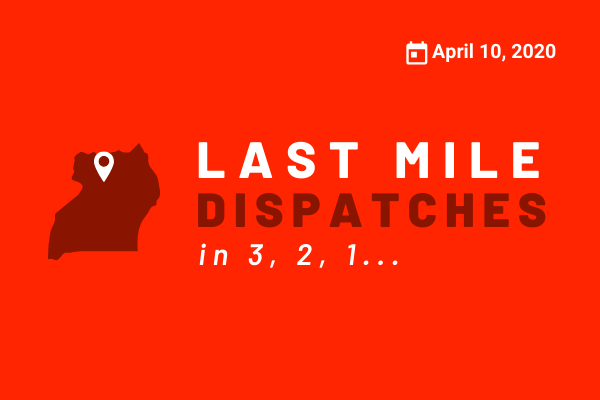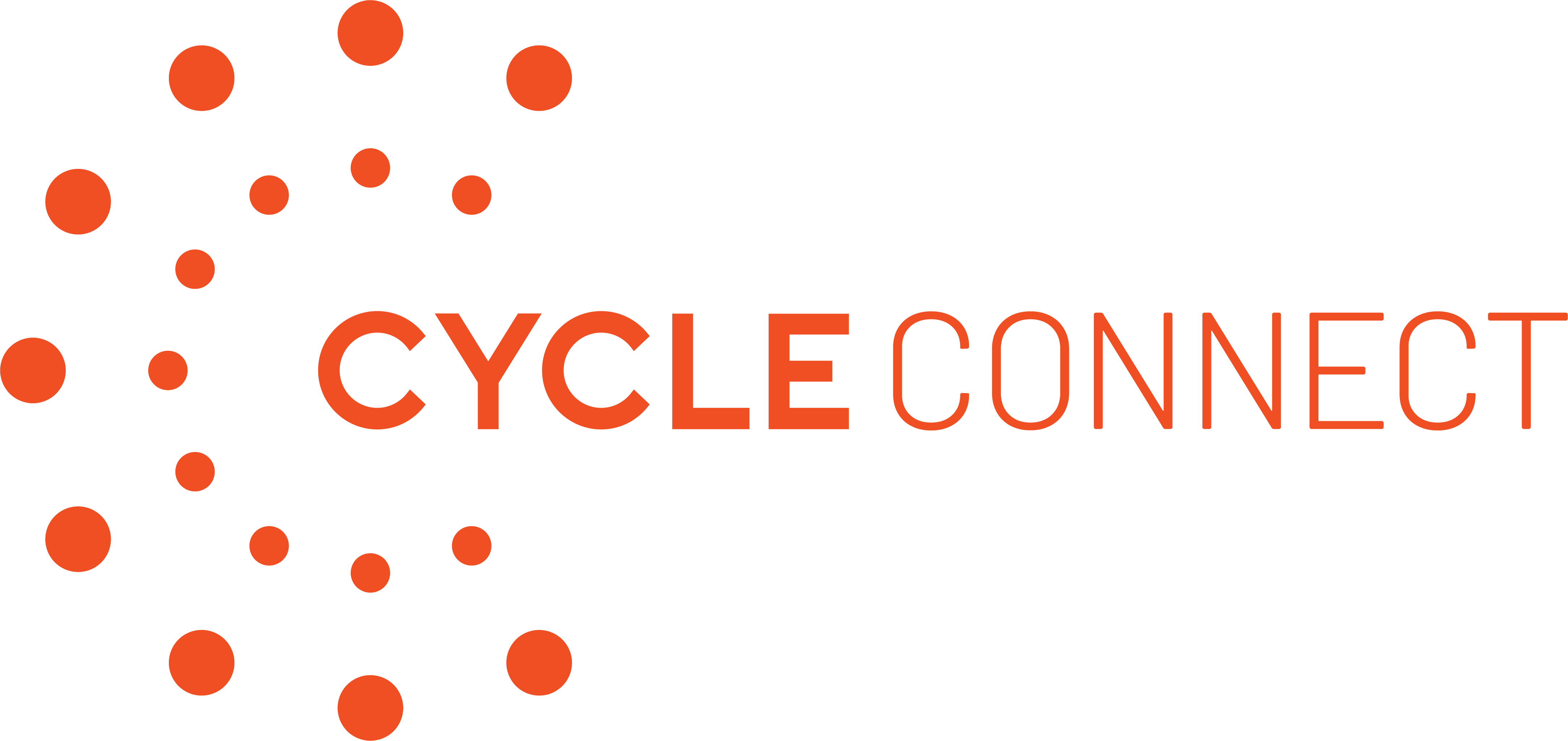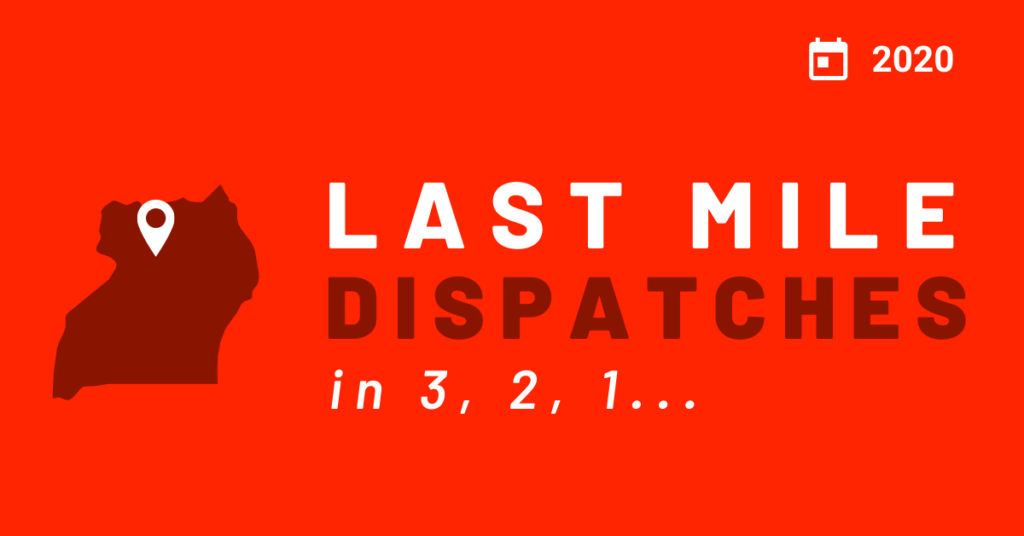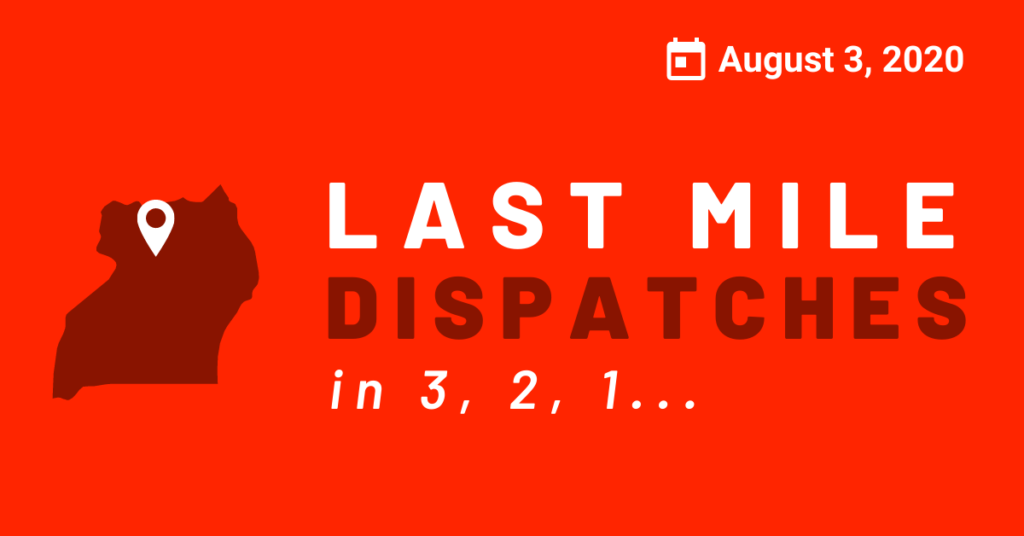As the COVID-19 pandemic continues, the Cycle Connect team is offering weekly updates in the form of “Last Mile Dispatches in 3, 2, 1”, a weekly blog post that highlights the 3 most telling data points, the 2 most important decisions, and the #1 most informative story that we are hearing through our work on the ground in Uganda during COVID-19. Tune in every Friday.
April 5 – 10th, 2020: Digest in 3, 2, 1

The 3 most telling DATA POINTS:
1,422 – phone calls field officers made to clients across eight business days. Our field officers are providing pivotal communication pertaining to COVID-19 (prevention, symptoms and what to do if you feel them), and also asking questions to gather data on what issues our smallholder farmer clients are experiencing right now.
61 – health clinics interviewed, to better understand their issues, too. The majority of clinics our team is in liaison with is communicating that transport is their number one issue. Nurses and workers who are stranded without access to transportation are having to walk hours each way to get to work– showing up late or not able to reach at all. Patients are facing the same issues due to the ban on public and private transport.
85 – government officials partnering with Cycle Connect. Among these partners, includes the District Health Officer, the two Resident District Commissioners (RDC) across both of our branches, and all local leaders where our clients reside. Local leaders are most influential in gathering data and context for each village that we serve.
The 2 most important DECISIONS:
1.Donate bicycles to healthcare workers. Based on the data that we are collecting on health clinics we know that we have a responsibility to donate bicycles in our inventory to health centers so that nurses and other workers can show up and treat patients at this critical time.
2.Lean into our data. Our team is collecting a plethora of quantitative and qualitative data to help us understand what communities are currently facing and how we can respond. After receiving batches of quantitative data, our innovations team–repurposed as a research + exploration team–is debriefing with field officers to gather qualitative data. They are utilizing Toyota’s five whys to dig deeper and understand the narrative.
The #1 most informative STORY:
Healthcare workers, like Lily Ajok, are struggling to make it to the frontlines amidst the transportation ban all across Uganda.
Lily Ajok is a nursing officer at St. Philips, a local health clinic that operates in the same region of northern Uganda as Cycle Connect. She lives in Aworanga in a small family home with her husband. Typically to get to work, Lily takes a motorcycle taxi which will get her to the clinic in 15 minutes. But, due to the severe bans on public transportation amidst the COVID-19 pandemic, motorcycle taxis are unable to move–forcing Lily to resort to walking 80 minutes to reach the clinic.
After reaching out to over 60 medical clinics, our team heard numerous stories from healthcare workers, just like Lily, who are struggling to make it into work at a time when we need healthcare workers most. The clinics our team spoke to all stressed that transportation is among one of their biggest challenges at this time. This data led the Cycle Connect team to action to donate bicycles to local healthcare centers.
Lily is among the healthcare workers who received bicycles from Cycle Connect. Now Lily can get to work in 20 minutes on her bicycle and has the energy to fight hard on the frontlines. Our team is working around the clock to get bicycles into the hands of more healthcare heroes, just like Lily.




0 Comments